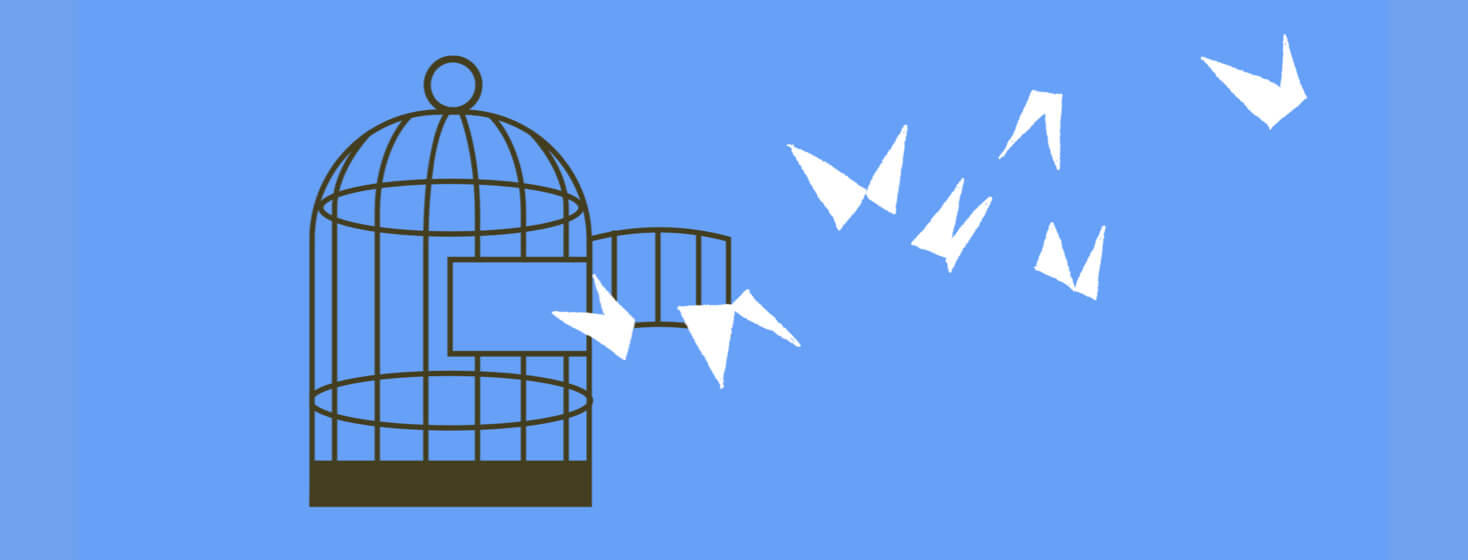Compassion & Choices
I love these two words. They stand for so many things and yet, together, they take on a completely different meaning and expand the meaning into action. As I've said many times, I'm a do-er. I can't see problems without immediately considering the potential solutions.
The dictionary definitions
First the dictionary definitions...
"Compassion" is a feeling of deep sympathy and sorrow for another who is stricken by misfortune, accompanied by a strong desire to alleviate the suffering.
AND
"Choices" is the act of choosing; the act of picking or deciding between two or more possibilities; the opportunity or power to choose between two or more possibilities; the opportunity or power to make a decision; and/or a range of things that can be chosen.
Secondly, when you add the two of these words together, the pattern becomes clear. A person has compassion for someone or something, that compassion results in a desire to do something about the issue. The addition of choices is the focus and the result of compassion. The feeling begins the equation and providing choices completes it.
Medical Aid in Dying
How could anyone be against another having choices, especially when the person is worthy of compassion?
This is a question I've been pondering quite a bit lately as I've moved into the role of Action Team Leader for Compassion & Choices, the non-profit entity responsible for assisting in the passage of Medical Aid in Dying (MAiD) laws in multiple states. I live in Florida, where we don't have the option of MAiD, which baffles me a little in light of the number of retirees we host full or part-time. And yet, this non-profit truly is so much more than just a lobbying force for MAiD.
Why Compassion and Choices works for me
The more I think about death and what I would envision as my "ideal" death, the more I want more options. Here in Florida, we currently have two choices at the end of life that would put the patient in more control - one is palliative sedation, which is basically a chemically induced coma when there is no chance of recovery and there is a great deal of pain and the second is refusing to eat or drink. Neither of these options are very attractive for me, which is why I've chosen to work with Compassion & Choices.
- Shouldn't those of us who know we are dying be afforded all options at the end of life?
- Shouldn't a patient be able to make the choice as to what is best for him/her and his/her family?
- Why would the medical profession be the ones who get to be the gatekeepers?
Discussing end of life with my partner
The older I get and the more knowledge I gather, the more I want to be in control of my life, my body, and my death. I've already given control to my husband if I'm incapacitated and that was a difficult conversation. Since we did have those conversations, I do feel comfortable that he will make good decisions. At the same time, I've tried to mitigate that burden on him by being clear and providing guidelines so that he's implementing my choices.
Trusting my medical professionals
I simply don't have the same trust in the medical professionals who are treating me. I trust that they will give me good recommendations, I trust that they will do their best. I trust that they will implement the rules and protocols of the entity for which they work. I trust that they will consider all of the options legally available to me and seek to be guided by the provisions and protocols in place from the American Medical Association (AMA) and perhaps the Florida Medical Association and likely the American Society of Clinical Oncologists (ASCO).
But those guidelines and protocols aren't always what's best for me and my family. And that's why I support and work with Compassion & Choices.

Join the conversation